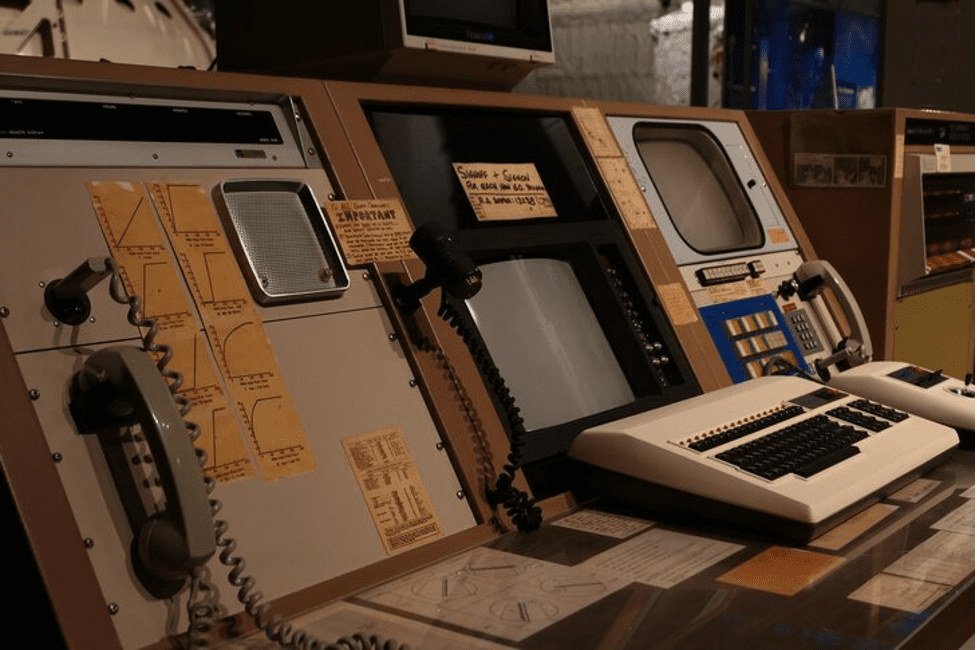Sometimes, a lack of resources can restrict the most intelligent minds from saving the planet. At least that’s what happened with scientists who failed at accurately predicting the intensity of the recent natural disasters.

Nazrin B-va/Unsplash | Scientists claim the outdated weather predicting technology is what failed to report accurate results in the case of recent disasters
Days after hundreds died in the European floods and the North American heat waves hit, scientists admitted that they failed to predict how severe those disasters would be. They said their computers were not powerful enough to give the correct estimates. Following their admission, scientists have requested governments to invest in shared climate supercomputers to predict the severity of such damages in the future.
"IPCC Computers Aren't Good Enough"
It goes unsaid that computers are essential for scientists to forecast weather and record climate change data. They're the reason the Intergovernmental Panel on Climate Change (IPCC) can come up with its sixth assessment report next year. But Prof. Dame Julia Slingo warns about the studies published by IPCC.
Slingo, a former Met Office chief scientist, says the climate computers used by IPCC are just not up to the mark. She says we need an international center to build advanced computers that can identify the reason behind these natural extremes. Unless we can do that, we can't estimate the severity of disasters in the future too. Slingo continued that even though the cost of building such computers would be in the hundreds of millions of pounds, it's nothing in front of the damage these disasters unleash every time they occur. Many other scientists agreed with what Slingo said and highlighted climate change as an emergency.

Ugi K./Unsplash | Many scientists, believe IPCC computers are heavily outdated and not up to the mark
Even Oxford professor Tim Palmer stated that we can't anticipate what kind of emergency we'll be facing next unless we have proper tools. He continued that we need CERN-like commitment and vision to create the needed supercomputers. We need to assess how often such heatwaves and floods will occur in North America or Germany or any other part of the world. A lot of scientists believed it was pointless to wait for IPCC reports, because by the time they're released, the data has already become outdated.
Amid backlash, an effort to upgrade IPCC computers
The kinds of remarks IPCC computers have received from learned people have left experts like Cambridge professor Mike Hulme worried. Hulme says it’s critical to accept that IPCC works at a slower pace than the natural weather, and people shouldn't have a problem with that because science takes time to mature.
Many things have to be considered before making a statement, and that's what IPCC does. He further said that people shouldn't undermine IPCC studies before they're even published since they'll only create fear among people during these times. And that is the last thing we should do.

Markus Winkler/Unsplash | Efforts are underway to improve the condition of the weather-predicting equipment
While scientists argued how viable IPCC reports were, Professor Sir David King, UK government chief scientist, set up a Climate Change Advisory Group to fill the gaps left by IPCC. A member of that group, UCL Prof. Mark Maslin, said that since IPCC took a long time to write its reports, they're running 1-2 years behind the literature. Even though they provide people with a lot of correct data, they can't be completely dependent upon.








